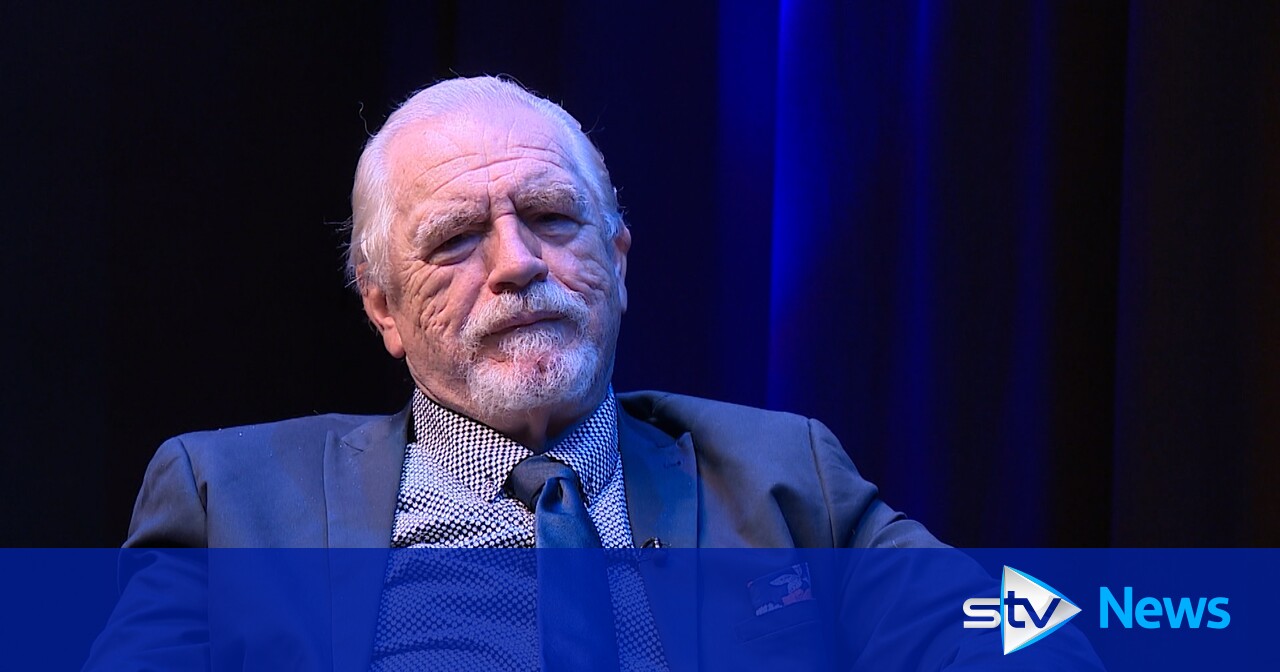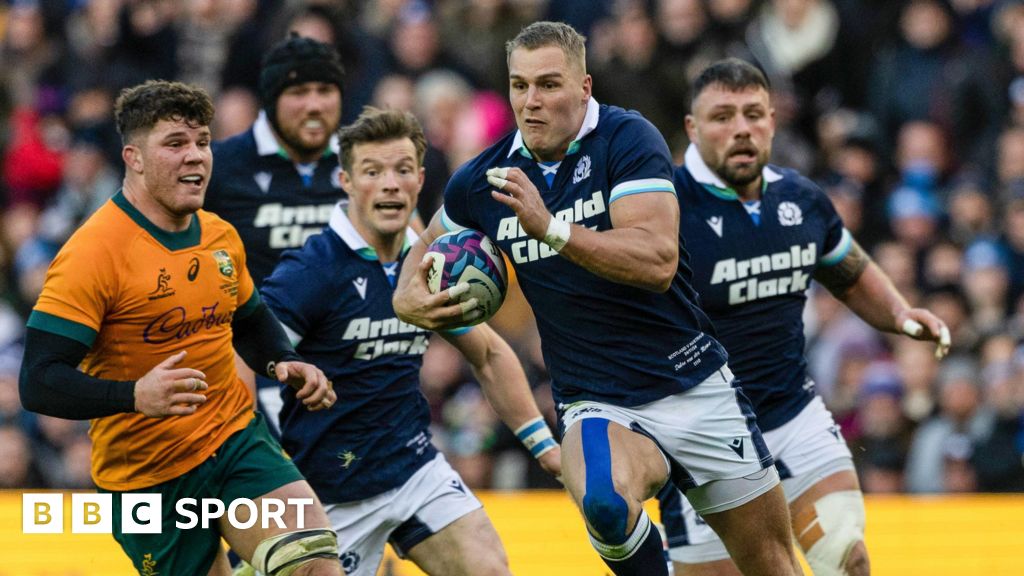Football
Scotland’s Tartan Army had a party – until the football began

For more than 850 years, Marienplatz has been the main square of Munich. As of this week, though, it seemingly no longer belongs to the locals. This corner of Germany is unquestionably Scottish territory now, following the remarkable invasion of the blue-shirted, kilt-wearing members of the “Tartan Army”.
According to some estimates, up to 200,000 Scots – roughly four per cent of the country’s population – have travelled to Munich this week. Others have put the figure a little lower, at a more conservative 100,000. Either way, it has been an extraordinary few days in this grand old city, as Bavaria has become the scene of Scotland’s biggest footballing party in a generation.
Sadly for Scotland, that party did not last very long. After a glorious few days in the Munich sun, their fans were faced with a nightmare scenario when their opening match against Germany finally began.
Three goals down at half-time, with a man sent off, was an even worse situation than the most pessimistic of supporters were expecting. By the end they had conceded five, although they did at least force a late own goal from Germany’s Antonio Rudiger.
At half-time at the Allianz Arena, Scotland fans stood with their heads in their hands, angst etched all over their faces. The hangover, it seems, was kicking in painfully quickly.
Thankfully, their late consolation goal brought some light relief at a time when it was most needed. The Scots celebrated it exuberantly, and it was a sign that the pain of defeat will not erase the joy of the day that preceded it. This tournament remains an occasion to savour for Scotland’s fans, and they certainly did their best in that regard as the beers flowed in Munich throughout Friday.
Marienplatz is described by the locals as “the heart of Munich” but, by the afternoon, the square was moving to a different beat. The sound of bagpipes filled the air and the blue smoke of flares drifted through the skies as the Scottish fans embraced the city in style.
The local fascination with the Tartan Army was summarised by Bild, the German tabloid newspaper. “Scottish fans drink Munich dry!” screamed the headline. “Only the Scots rock like that!”
Many of the locals, it must be said, were rocking with the Scots. Across Munich, German fans in white replica shirts posed for pictures with those in blue. “It’s wonderful,” one German supporter in Marienplatz told the Telegraph. “Everyone is so friendly. I have never seen this for an international game.”
Among the most popular travelling supporters was Ilyich, a Russian terrier who had joined his owner on the journey from Scotland. With a Scottish flag draped around his neck, Ilyich (“he has a Russian name because he is Russian, obviously”) quickly became one of the star attractions in the city centre.
For many Scotland fans, the point of this trip was not the actual match against Germany. The point of the trip is the trip itself, with this the first opportunity since 1998 to support the national team at an overseas tournament. For an entire generation, Euro 2024 represents a rite of passage.
“No Scotland, no party” is one of the preferred songs of the Tartan Army, which has previously won awards for friendly behaviour on away adventures. But as the early afternoon sun beat down on Munich, it seemed that the local authorities were growing concerned that it might be a case of too much Scotland and too much partying.
In an urgent message on the city’s official social media page, it was announced that Marienplatz was “overcrowded” and supporters were asked to “spread out elsewhere in the city”. By 4pm, police officers had been stationed at the entrances to Marienplatz, to control the flow of people into the area.
There were similar issues at the city’s designated Olympiapark “fan zone”, which was completely full of supporters around seven hours before kick-off. At which point, it had become clear that many Scotland fans may not even see the game at all.
“Well, we will see what happens,” said Craig Turpie, 21, from Lockerbie. “I’ve no idea where we can watch it. But it doesn’t matter, the Scots are here to sing and dance. I’ll be here the rest of my life.”
Creative thinking was also required from those with access to the Allianz Arena. Shaw Martin, 28, told the Telegraph that his friends planned to wheel a shopping trolley packed with wine, beer and face-painting kits to the stadium. They hoped to park the trolley outside the ground and then pick it up again after the match. “Needs must,” he said.
Former Manchester United Sir Alex Ferguson was among the travelling Scots, as were Alex Salmond, First Minister John Swinney and television presenter Lorraine Kelly. As Andy Robertson, the Scotland captain, put it on Thursday: “It feels as if most of the country is here.”
For some, the journeys here have been even more memorable than the experience in Germany. One fan walked from Glasgow to raise money for a men’s mental health charity. Another flew from Australia. One supporter told television reporters he sneaked out while his wife was at Marks & Spencer.
With two hours to go before kick-off, the Scots finally relinquished their hold on Munich. Thousands had made their way towards the stadium, north of the city, while many others sought bars with screens.
The pavements of Marienplatz were left sticky with dried beer, and crates of empty bottles were stacked high. For the Tartan Army, the most welcomed and joyful of invaders, these were simply signs of a job well done. The great shame for them was that, a few hours later, the same could not be said for Scotland’s players.










